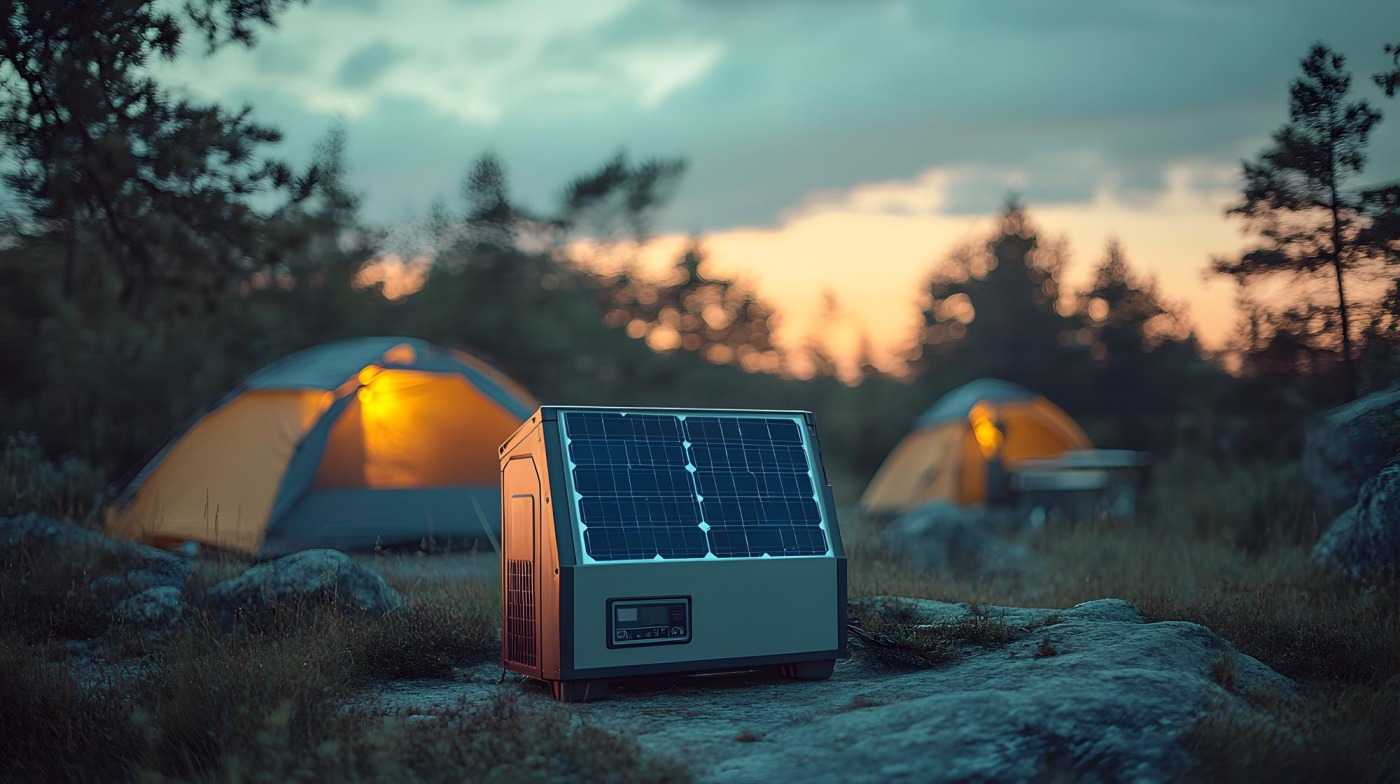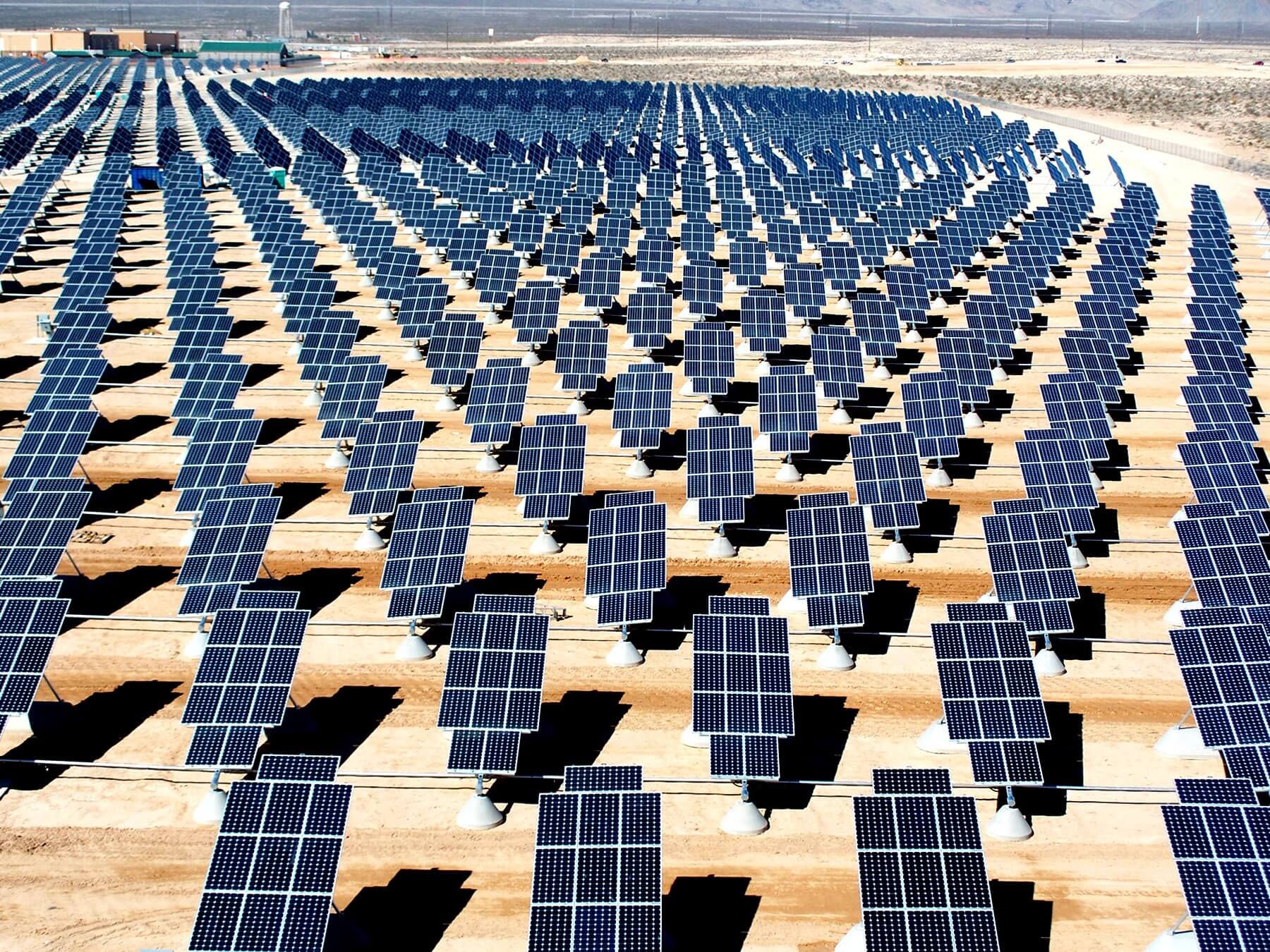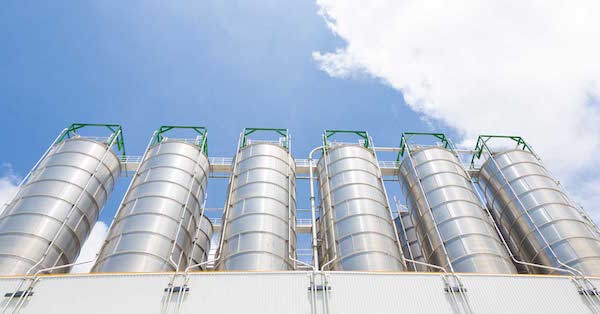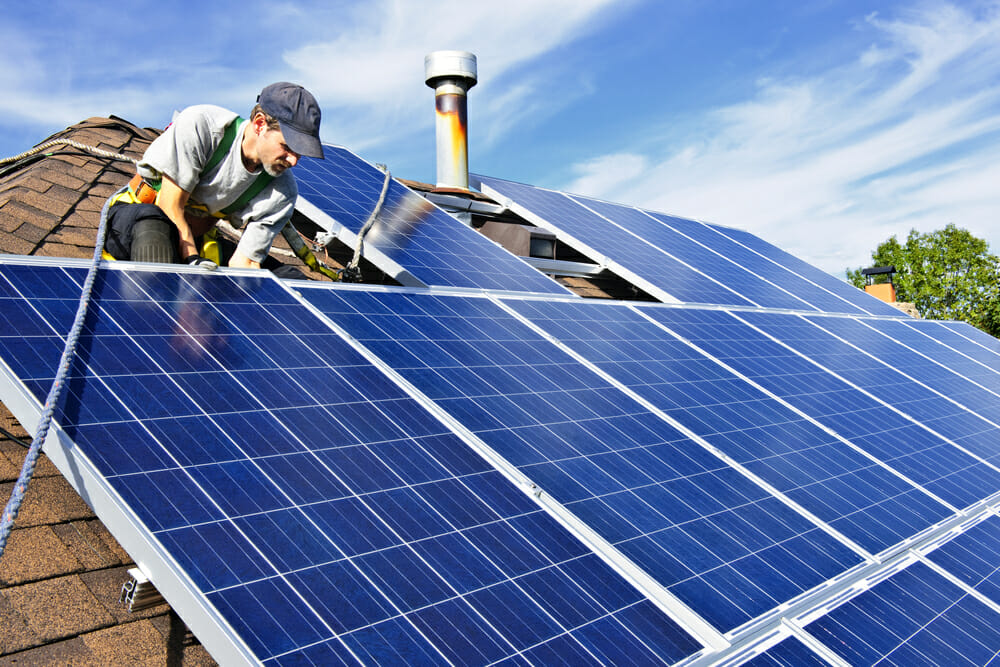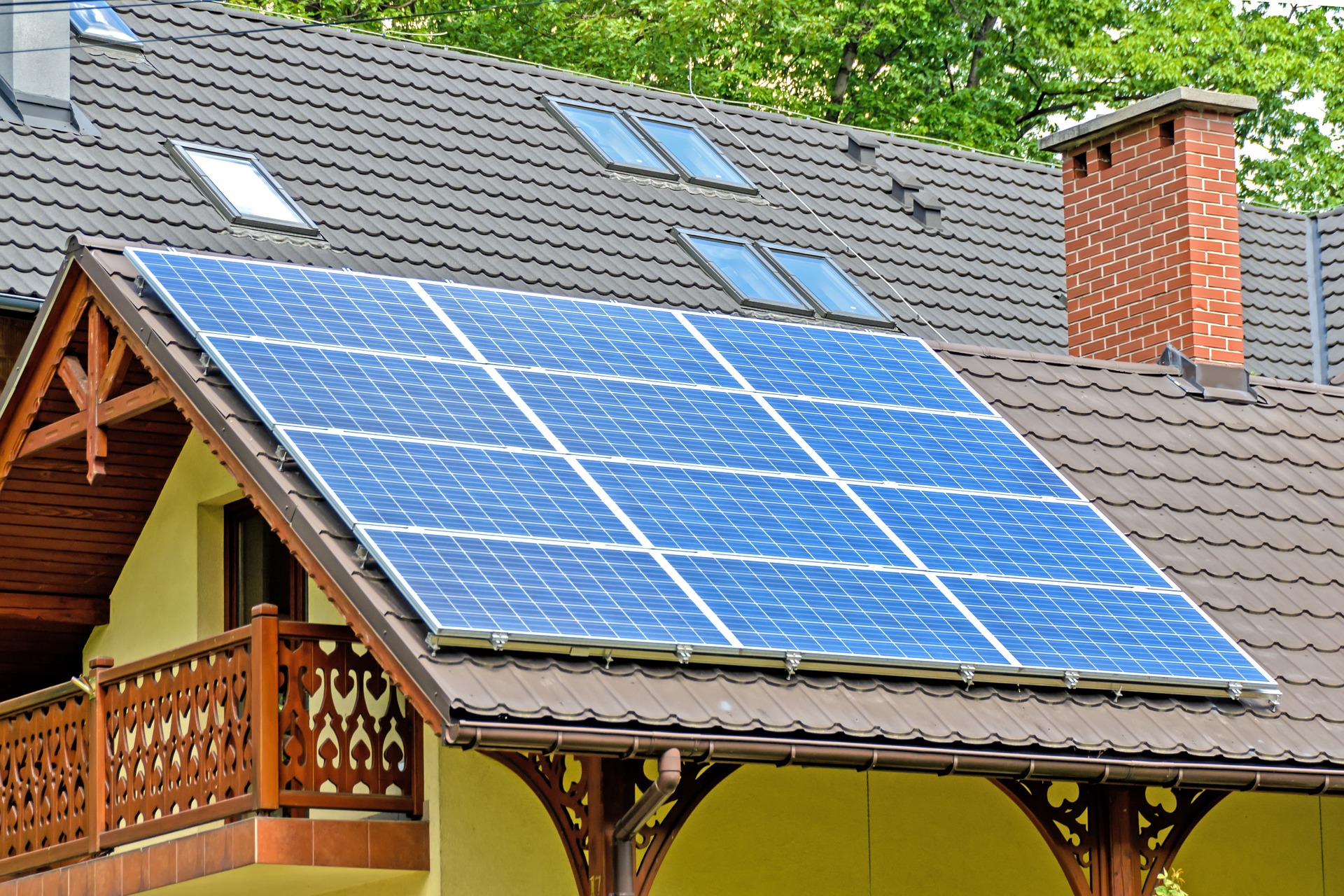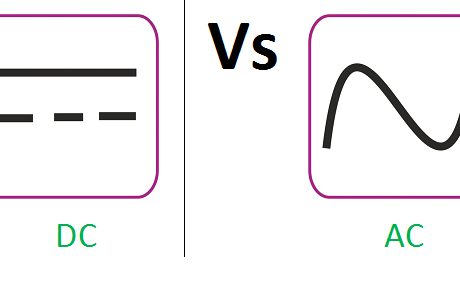Power, is an important aspect of our daily lives, considering a large number of power-consuming appliances and gadgets we have in our homes. Power can be expensive, if not well managed and sometimes inaccessible during prolonged periods of power failure. Power outages have become the new normal and this call for preparedness. Generators, in general, are key to this preparedness as they conveniently supply power when needed.
There are a number of generators, however, including solar and gasoline-powered generators. They both pack their advantages and disadvantages alike. Generally, they are a countermeasure to situations of power failures by providing a reliably steady supply of power. In operation, gasoline-powered generators may have harsh environmental implications. As a result, more homeowners are switching to solar generators, which are much safer for the family and environment at large.
This article is going to focus on the advantages of using a portable solar generator, in particular. But before we get to that, let us first understand what a solar generator actually is and how it works.
What is A Portable Solar Generator?
A portable solar generator is a unit comprised of three integrated components, including a generator, a frame, and a battery charger. The solar generator is powered by the sun and this solar energy is harnessed by the solar frame. The energy is stored in the battery for later use. This generator provides sufficient power to adequately supply your appliances and gadgets. It is a convenient resort during power failures. However, its use is not limited to periods of power failure alone, it can also be used to juice up your electronics occasionally and cut down on your electricity costs.
Installing a portable solar generator in your home is, therefore, a quite smart and cost-efficient strategy. You should, however, ensure that you find a solar generator that matches your home’s power needs. At PoweredPortableSolar.com, you can get furnished with sufficient information to help you reach an informed decision. Information on solar generator types, capacities and prices go a long way towards determining the ideal choice for your home.
The benefits of using a portable solar generator are immense and some of them are listed below:
1. Green Energy :
Solar generators are highly preferred over traditional gas generators for their environment-friendly nature. Entirely powered by the sun, they do not produce harmful emissions associated with traditional gasoline-powered generators which liberate fumes and gases that could be poisonous. Gas generator vapors also are a fire risk as they can easily ignite. With solar generators, harsh environmental implications are eliminated and fire risks, as well as other hazardous implications.
2. Renewable Energy :
Solar generators are fully powered by the sun. As long as there is sunlight, this energy can be freely harnessed. Unlike other energy sources that can be easily depleted, this one cannot run out. Harnessing solar energy is a guaranteed process as long as the components of the portable solar generator are suitably integrated. The energy is then stored in the battery which can be used later on to power appliances. Even on days with insufficient sunlight, the energy saved in the battery can be used to power your home.
3. Cost- Efficient :
As much as installing solar generators could require significant initial costs, it is cost-efficient in the long run. Portable solar generators enable you to meet your power needs with solar energy, a self-sustaining option. This means a considerable drop in your electricity costs. Normally, after initial installation, there are no more ongoing costs that need to be incurred on the portable solar generators. All you have to do is observe the basic maintenance measures, which are not costly. In most cases, they come down to cleaning them on several occasions.
4. Convenience :
They offer convenience, especially during prolonged periods of power outages. Power failures are bound to happen time and again. During bad weather especially, power failures could happen a lot and it could be very frustrating. Having a portable solar generator at hand counters this situation. You can keep your appliances supplied with power for a long period of time with no worries. Their portable nature, on the other hand, enables easy moving and storage when not in use. With no moving parts, they suffer less wear and tear and stay in shape longer.
Portable solar generators, as an alternative green, and a self-sustaining power source provides immense benefits to homeowners. Ranging from convenience, cost-efficiency, to renewability, portable solar generators are a great addition to your home. Although initial installation costs could be significant, long-term benefits are definitely worth it.
Read Also :













